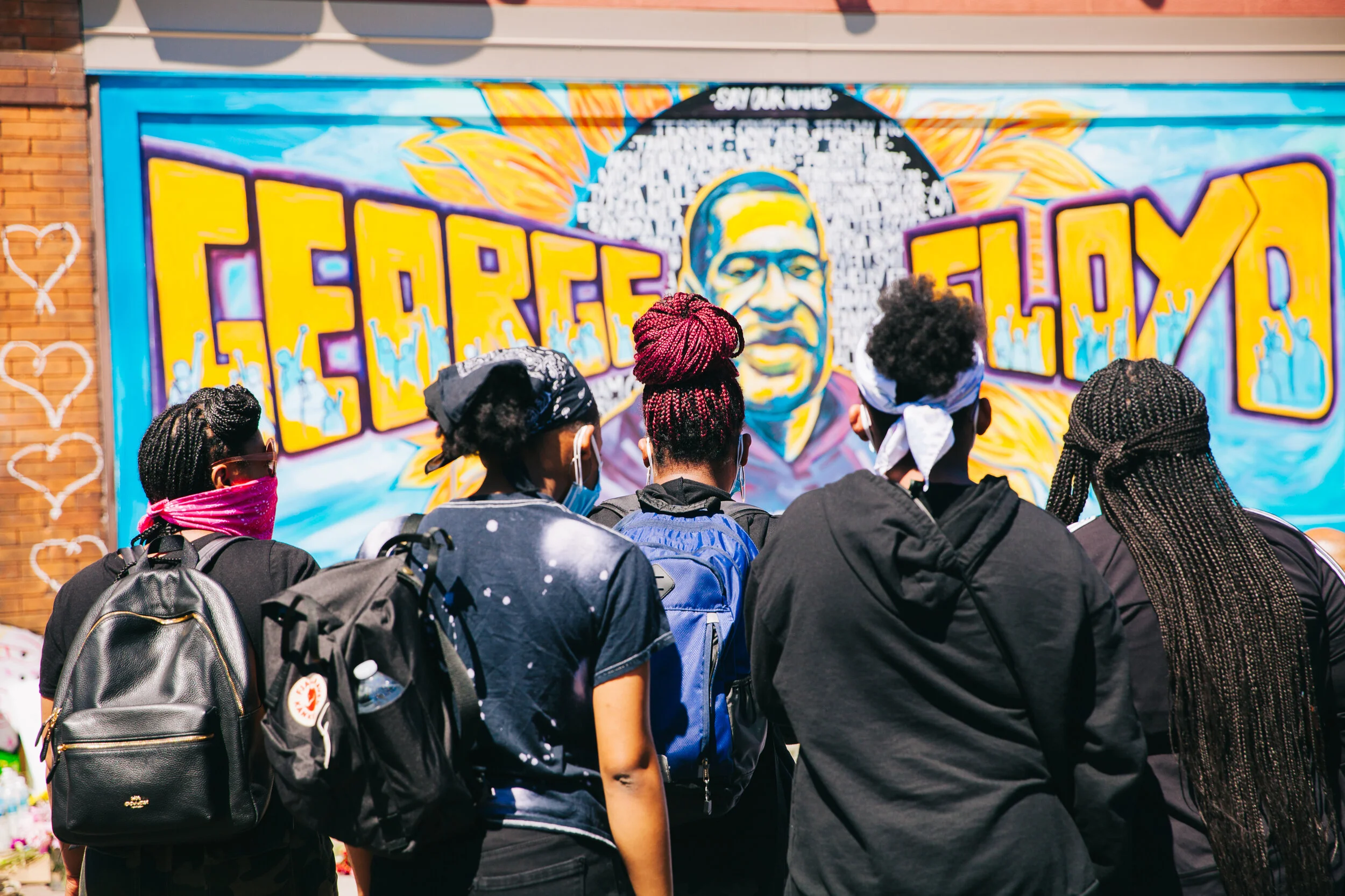Donor Organizing: A Funder's Commitment to Next Generation Progressive Philanthropists
/photo: Dirk Ercken/shutterstock
Editor's Note: This article was originally published on February 16, 2018.
Over a year into Donald Trump’s presidency, it can be tempting to see recent progressive philanthropy as a whole lot of rapid response. From standing up for immigrants to safeguarding the environment, from confronting hate to protecting gains for women and the LGBTQ community, that has been a major part of the story. But the national climate has also pushed many social justice-oriented funders toward a more considered and strategic view of the long term.
Movement building is a growing priority, and funders are thinking harder about how to move power into the hands of vulnerable communities and populations. Talk of intersectionality—ever the social sector buzzword—has taken on new urgency as groups that have come under attack find ways to band together.
This is only one part of the broader philanthropic ecosystem, but it’s a highly politicized space that's primed for growth in a polarized era of high anxiety.
Related: Keeping Up: Philanthropy In an Era of Sweeping Social Movements
An important niche in the new funding around movement building is a focus on younger activists. While conversations about generational change are hardly new to progressive circles, these issues have taken on new urgency in a more dire political moment and as issues of race have moved to the forefront—spotlighting the need for faster change in organizational leadership, which tends to skew older and whiter. We've reported on several grantmaking initiatives where funders have supported diverse young activists who are battling Trump policies, but who are also seen as tomorrow's leaders.
In this kind of environment, it makes sense to see a social justice stalwart like the Surdna Foundation roll out a new set of grants with an eye on the long-term future of progressive movement building. But this effort has an unusual twist, zeroing in on work that's often been called "donor organizing."
This month, the Surdna Foundation and the Andrus Family Fund pledged $800,000 to 21 organizations representing “next-generation social justice philanthropy.” Surdna is invoking the phrase “next-generation” in a very literal sense. These grants are meant to foster a progressive tilt among “younger generations of philanthropists—whether they are high-net-worth individuals or trustees of family foundations.” Surdna celebrated its centennial as a grantmaker in 2017, and the involvement of the Andrus Family Fund, which engages hundreds of extended family members in social service work, is no accident. Surdna wants to pass the baton to well-off youngsters whose left-leaning views may soon find expression in their giving.
A large-scale generational transfer of wealth from the boomers to the millennials has begun, and it coincides with sky-high levels of wealth inequality. That means there will be plenty of rich heirs around in the years to come—heirs who are often more progressive than their parents for a number of reasons. While wealth is typically made by business people who had to battle their way upward, and who believe in the market economy, it's inherited by children and grandchildren who are shaped by a very different set of life experiences, including elite educations at liberal private schools and elite colleges. Heirs are more likely to be skeptical of the economic status quo and more willing to use wealth that feels undeserved to challenge that system. Millennial heirs, like younger people in general, are more likely to hold progressive views on race and sexuality.
But organizing these young wealth holders into a potent force within philanthropy is hard work. It entails networking within a world of privilege to identify, engage and educate heirs who are open to becoming social justice donors. It requires helping them find their voice, including within family foundations where power may still be held by older generations.
But there's probably never been a more ripe time to advance such work than right now. And Surdna' grants are flowing to a number of organizations that are already engaged in such efforts.
Beneficiaries include the Association of Black Foundation Executives (ABFE), Exponent Philanthropy’s NextGen Fellows Program, Justice Funders’ Movement Commons Fundraising and Power Project, and the Third Wave Fund’s development of a “cross-class donor leadership pipeline and giving circle model” centered on young women and LGBTQ people.
There’s also support for Resource Generation, a donor network for people under age 35 “with more resources than they need,” and for a movement philanthropy curriculum out of the Solidaire Network.
These grants come from a funder that’s been involved in interesting work lately, both in its usual areas of economic development, sustainability and the arts, as well as through a bold $100 million impact investing commitment. In the social justice arena, Surdna is collaborating with the Ford Foundation and the Open Society Foundations to back the Neighborhood Funders Group’s Amplify Fund, a new project to galvanize bottom-up community development decision making.
Related:
- How This Foundation Is Using its Grantmaking to Champion Impact Investing
- A Big Step: How One Foundation Overcame Doubts and Moved Forward with Impact Investing
- Trustafarians to the Ramparts: A Millennial Donor Network Aims to Resist Trump
What is perhaps most striking about Surdna’s commitment is that these projects have an unabashedly political dimension. They’re very much in the spirit of the “resistance.” That runs against a continuing reticence from some big national funders to abandon what IP’s publisher, David Callahan, has called a “poise of neutral non-partisanship.” While Surdna’s grants aren’t directly partisan, they do reflect the foundation’s stated dedication to empowering the grassroots and shifting historic imbalances of power. There is something fitting in the fact that a funder with roots in the last Gilded Age wants to encourage the rising philanthropists of this one.
We’ll have to see whether the next generation of philanthropists truly embrace a progressive critique of power inequities in U.S. society. Privilege, after all, is a hard to thing to give up.
On a related note, Surdna is entering a transitional period of its own as its president, Phillip Henderson, steps down and the organization begins searching for his replacement.
Related:







































